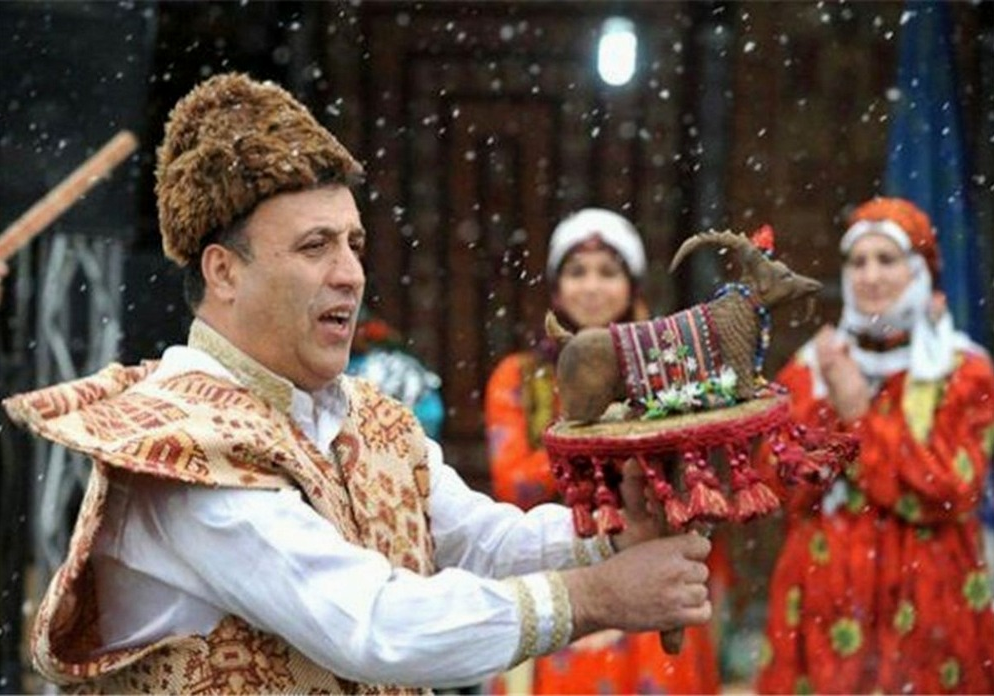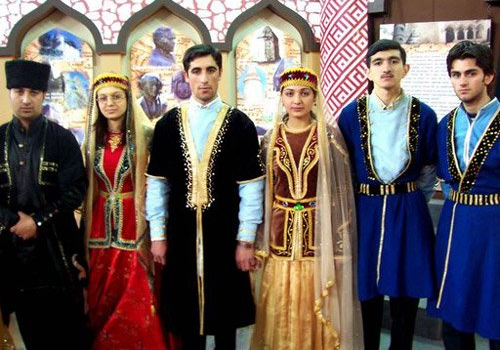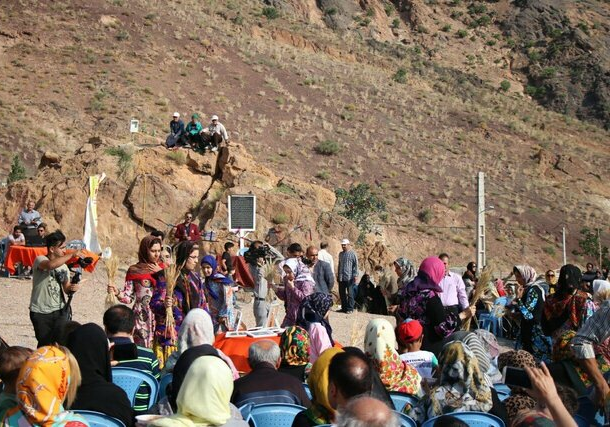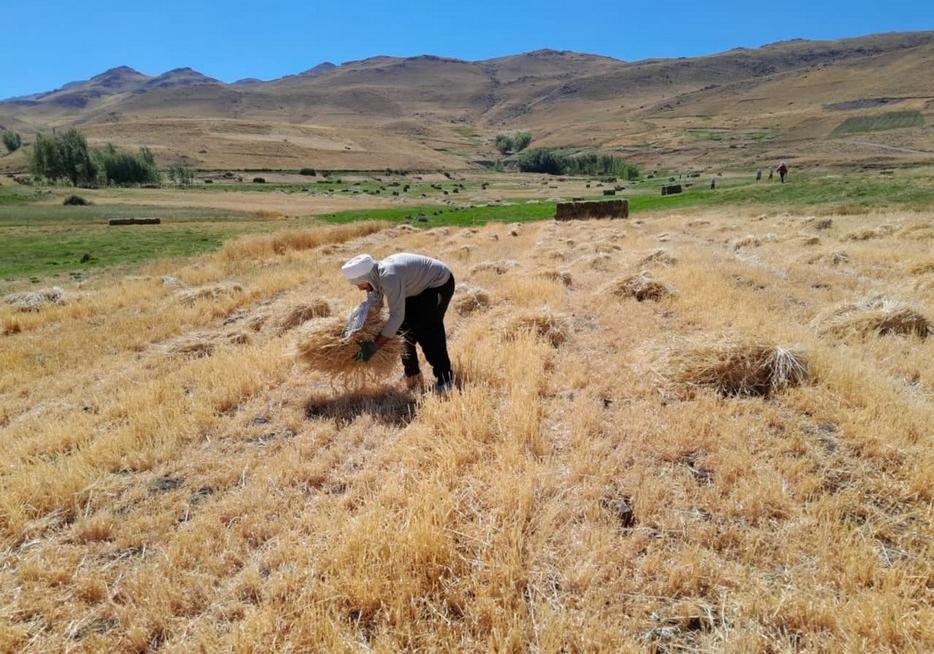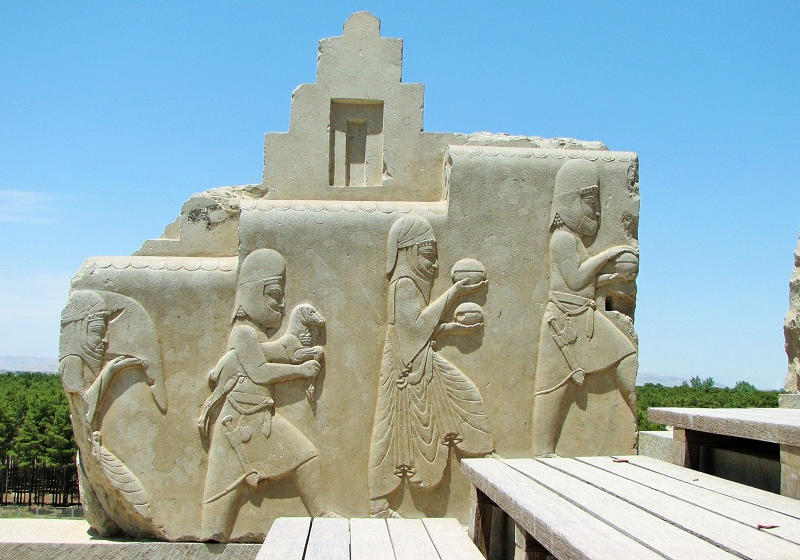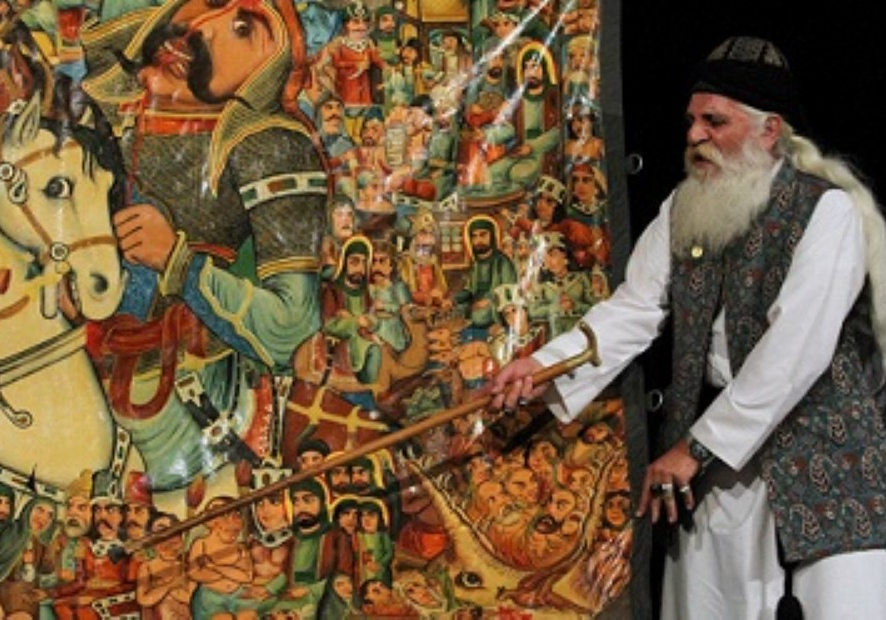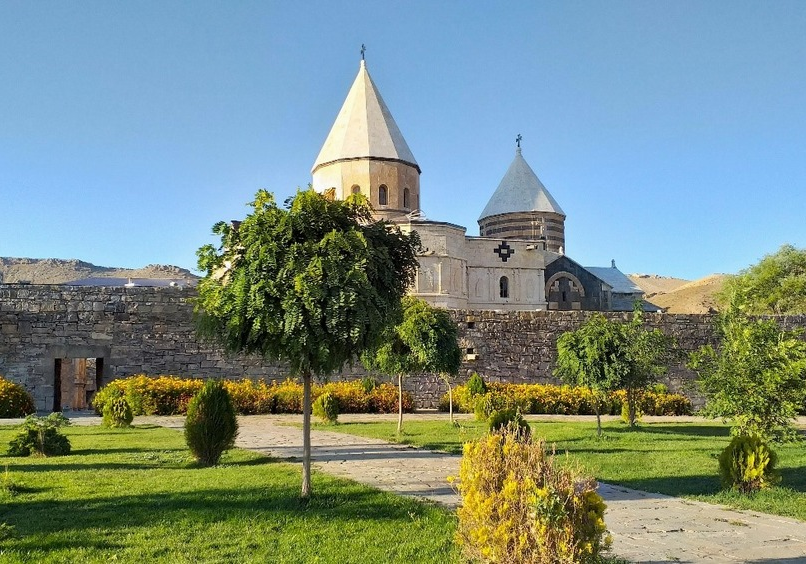
Epic of Koroghlu
Epic stories are an integral part of every culture through which people introduce their legendary heroes and express their dreams. Epics are derived from ancient oral tradition, narrating the deeds and adventures of heroic or legendary figures or the past history of a nation. Great epics do not only belong to one nation but also tell the moral virtues and magnanimity of social role models.
The most outstanding book of epics is Ferdowsi’s Shahnameh, which can be considered one of the greatest in the world. However, the history of Iran has also witnessed other epics one of which is the “Epic of Koroghlu” which has been a part of the history of and narrated by the Azari-speaking people of Iran. Due to its importance, the Epic of Koroghlu was inscribed on the list of Iran’s intangible national heritage in the year 2012.
The Historical Root of the Epic of Koroghlu
The rise of the Safavid dynasty (16th century AD) was the beginning of an important era in the culture and art of Iran. During this period, many arts, such as calligraphy and architecture, grew significantly, and cities thrived due to widespread security. Ashiqi music, which is considered one of the most important arts of Azarbaijan, flourished during this period, and the stories that were quietly narrated among the people for years came to be openly spoken about in different gatherings. Ashiqs were itinerant singers who would travel to different cities to perform, which made them hear different stories and narrate the stories they remember to others and, thus, they came to be known as one of the most important elements of the oral culture of the Azari people.
The flourishing period of Ashiqi music coincided with the rebellion of the rural people of Azarbaijan against the tyranny of the khans and the king of the time, which was led by a person named Koroghlu who was an Ashiq singer.
A Summary of the Epic of Koroghlu
After the Safavid kings moved the capital of Iran to the city of Isfahan, a grudge appeared between them and the people of Azarbaijan, who were the strongest supporters of the Safavid dynasty in coming to power. Shah Abbas I, the powerful king of the Safavid dynasty, subjected the Azari people to oppression to suppress their protest and it was when a person named Ali, who was known as “Ali Kishi” and had a son named “Roshan”, formed an uprising that became the root cause of the Epic of Koroghlu.
Ali Kishi who was a horse keeper was blinded by his master. After this incident, Ali and his son “Roshan” who was called “Koroghlu” (meaning the son of a blind person) left their home place and after traveling a long way, settled in a rocky and mountainous area where Roshan began to raise the horses that his father had produced by mating a mare with a stallion. After some time, Roshan got acquainted with and inspired by Ashiqi art, and before passing away, Ali Kishi gave him the sword that was made of a piece of heavenly stone.
As time passed, the place where Roshan lived gradually became a place for the gathering of those who wanted to rise against oppression, and a person named “Ashiq Jonun” also helped to propagate Roshan’s ideas and made people get to know him. The foals, which were named “Qirat” and “Dorat”, grew up and helped Koroghlu in his campaigns. Koroghlu eventually managed to arrest the cruel ruler who had blinded his father and avenge his father. However, since Koroghlu’s goal was not only revenge, he continued his uprising to free all those who were subjected to oppression.
Characteristics of the Epic of Koroghlu
Researchers believe that the Epic of Koroghlu has a total of 21 parts, which comprise the story of Koroghlu’s life from childhood to his involvement in a romantic affair and his epoch-making struggle against oppressors.
The Epic of Koroghlu is mixed with Ashiqi performances, and this has made the emotional aspects of the epic very prominent. This story also includes important parts of the customs, livelihood, and worldview of the people of Azarbaijan at different ages. This story has spread to other cultures over several centuries and is heard in the oral literature of Turkmens, Uzbeks, Qashqai people, and the people of the Republic of Azerbaijan and Turkey.
The history of Iran has witnessed many epics one of which is the “Epic of Koroghlu” which has been a part of the history of and narrated by the Azari-speaking people of Iran.
| Name | Epic of Koroghlu |
| Country | Iran |
| State | East Azerbaijan |
| City | Tabriz |
| Type | National |
| Registration | National |
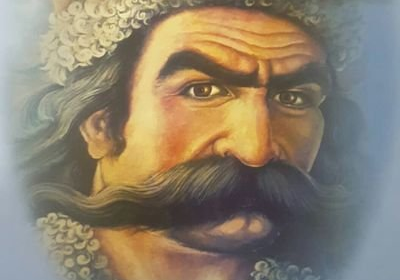
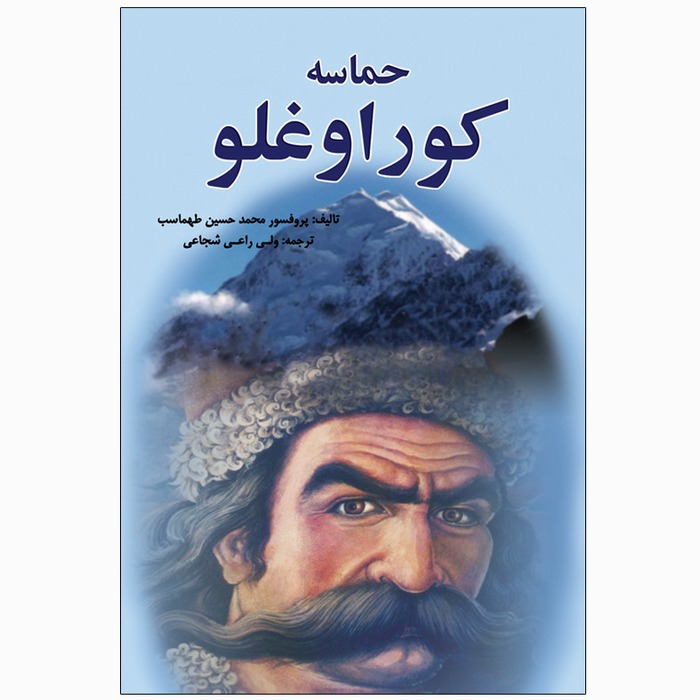
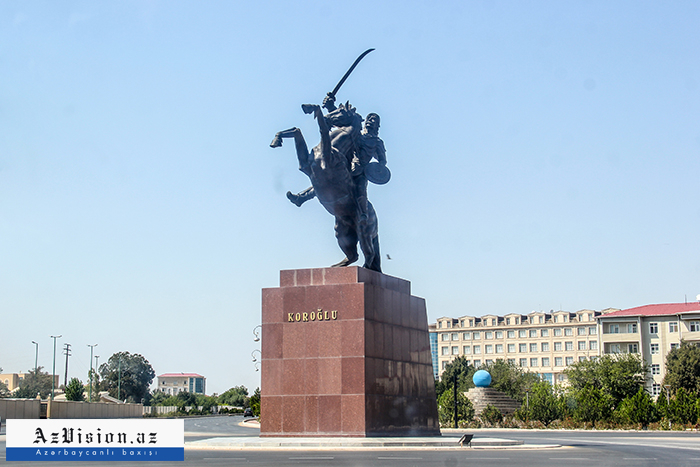



Choose blindless
Red blindless Green blindless Blue blindless Red hard to see Green hard to see Blue hard to see Monochrome Special MonochromeFont size change:
Change word spacing:
Change line height:
Change mouse type:
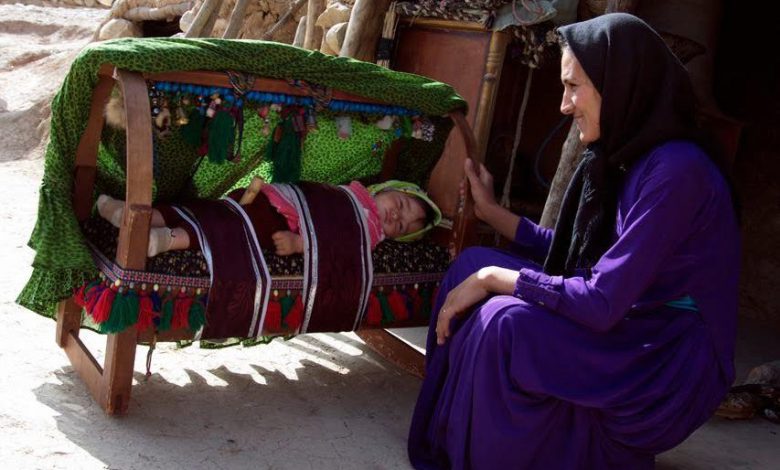
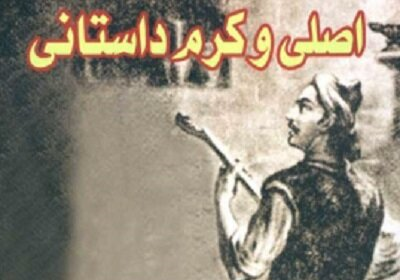
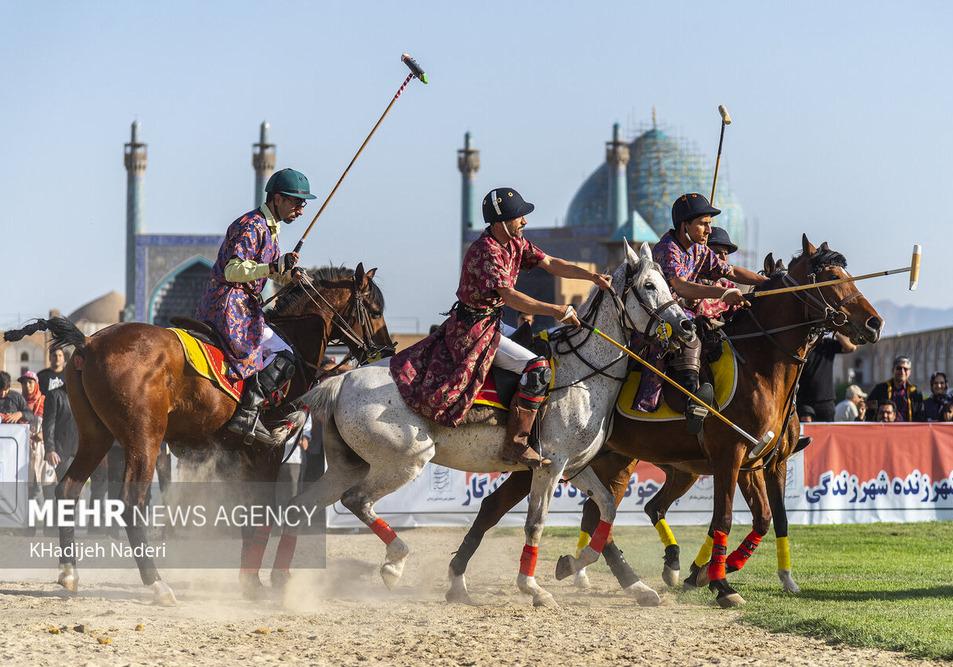

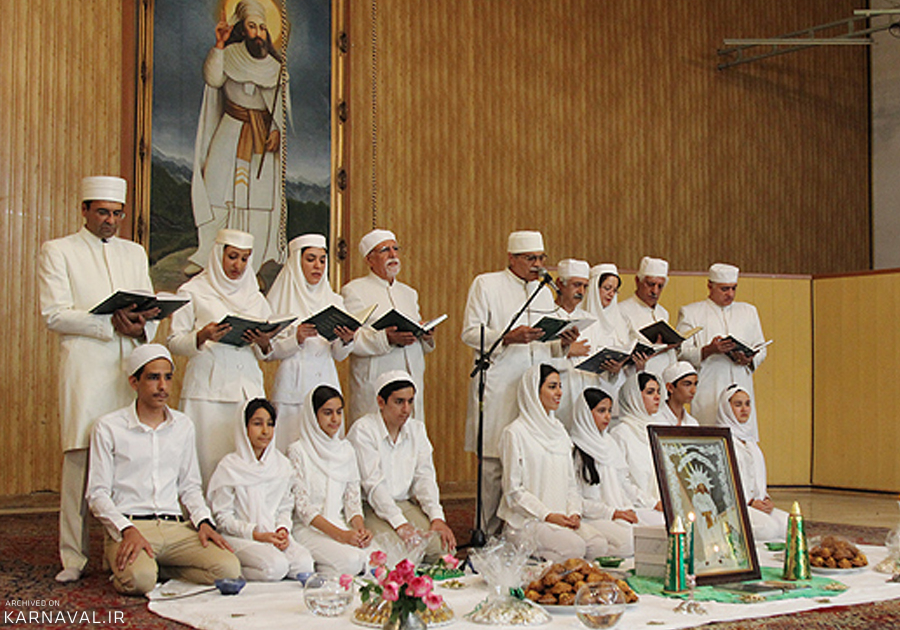
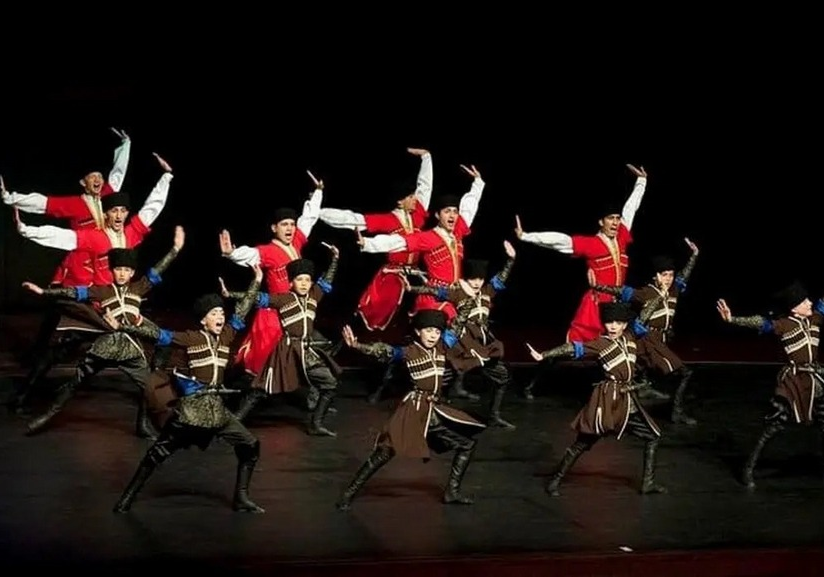
.jpg)
